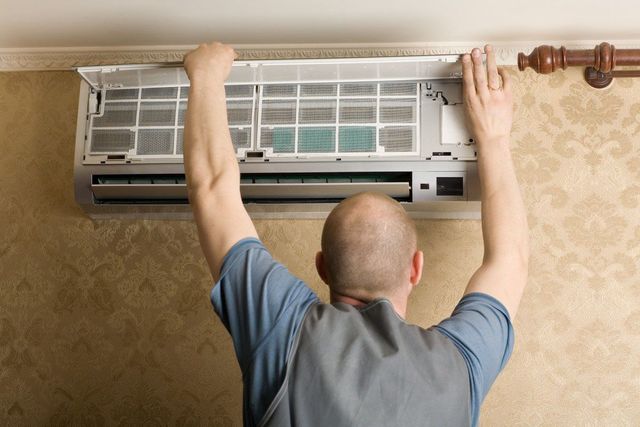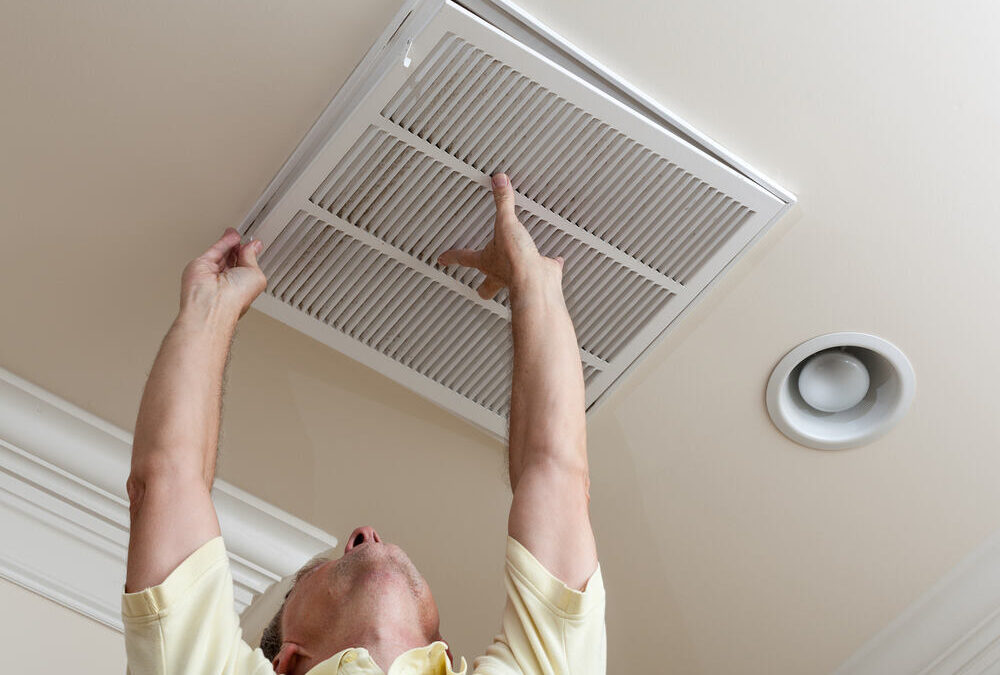Ensuring a clean and healthy indoor environment is crucial for both homeowners and business owners. One of the common challenges faced in maintaining air quality is the presence of mold in HVAC systems. Mold not only affects air quality but can also lead to health problems. This article will explore the causes, effects, and long-term solutions to managing mold effectively within HVAC systems.

Understanding Mold in HVAC Systems
Mold thrives in damp, humid environments. HVAC systems, with their intricate network of ducts and vents, can often become breeding grounds for mold if not properly maintained. This can lead to a range of issues, from unpleasant odors to more severe health risks.
Why Mold Grows in HVAC Systems
There are several reasons why mold might develop in your HVAC system. These include:
- High humidity levels
- Condensation within ducts
- Improper ventilation
- Leaky ducts or components
Effects of Mold in HVAC Systems
Mold in your HVAC system can have various negative impacts. It can cause respiratory problems, allergies, and other health issues. Moreover, mold can also lead to structural damage in your home or office.
Identifying Mold in HVAC Systems
It is essential to recognize the signs that indicate the presence of mold. This includes:
- Musty odors coming from vents
- Visible mold growth around vents or ducts
- Increased allergy symptoms among occupants
For more detailed information on identifying these signs, visit our HVAC mold remedies page.
Long-Term Fixes for Mold in HVAC Systems
Addressing mold in your HVAC system requires a combination of cleaning, maintenance, and preventive measures. Here are some effective long-term solutions:
Regular HVAC Maintenance
Routine maintenance of your HVAC system is crucial. This includes regular inspections, cleaning of ducts, and checking for any leaks or issues. For tips on effective maintenance, check out our duct cleaning tips.
Control Humidity Levels
Maintaining optimal humidity levels within your home or office is key to preventing mold. Dehumidifiers can be used to control moisture levels effectively.
Improve Ventilation
Ensuring proper ventilation will reduce the chances of mold growth. This involves opening windows when possible and using exhaust fans in areas prone to moisture.
Seal Leaks and Insulate
Sealing any leaks in ducts and insulating them will reduce condensation, which is a common cause of mold. This can be part of your regular maintenance routine.
Use Mold-Resistant Products
Consider using mold-resistant products, such as paints and insulation, which can prevent mold from taking hold in the first place.
Professional Cleaning and Inspection
Hiring professionals for thorough cleaning and inspection of your HVAC system can be a wise investment. They have the tools and expertise to identify and address mold effectively. To learn more, visit our safe mold removal page.
Preventing Mold in HVAC Systems
Prevention is always better than cure. Regular checks and maintenance can prevent the recurrence of mold. Make sure to:
- Change air filters regularly
- Keep ducts clean
- Monitor humidity levels
- Inspect and repair any leaks promptly
For more preventive tips, read our article on preventing mold.

Frequently Asked Questions
How can I tell if there is mold in my HVAC system?
Mold in your HVAC system can often be identified by musty odors, visible mold, or increased allergy symptoms. Regular professional inspections can confirm its presence.
What health problems can mold in HVAC systems cause?
Mold exposure can lead to respiratory issues, allergies, and other health problems, particularly for those with existing health conditions.
Can I clean mold from my HVAC system myself?
While minor mold issues may be managed with DIY solutions, professional cleaning is recommended for thorough mold removal and to prevent recurrence.
For further reading on dealing with musty odors and mold, visit Cool Today’s blog.
This article contains affiliate links. We may earn a commission at no extra cost to you.